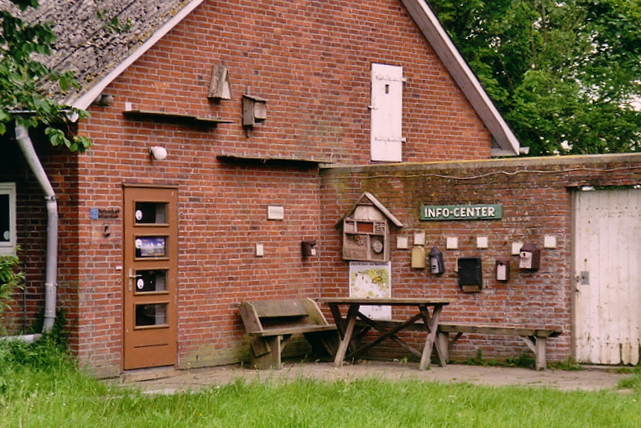Strong through Open Innovation Regions: Identifying Innovation Potential - Avoiding Lock-Ins - Expanding Societal Innovation Capacity (SOIR)
Research department: Economy and Civil Society
Project Leader within IRS: Prof. Dr. Suntje Schmidt Dr. Ralph Richter
Project Team: Jonathan Hussels
Consortium: Leibniz Institute for Research on Society and Space (Coordination) Wirtschaftsförderungsgesellschaft Nordfriesland (Husum) Landesverband Kultur- und Kreativwirtschaft Mecklenburg-Vorpommern e.V.
Funding Organization: Federal Ministry for Education and Research (BMBF)
Duration: 09/2022 - 08/2025
How can regional innovation policies be developed in structurally weak regions that mostly lack a critical mass of actors, institutions and a "creative buzz" to generate innovations from endogenous potentials?
The research project "Strong through Open Innovation Regions" aims to address this research question by systematically interweaving regional conditions (regional innovation ecosystems) and supra-regional references (translocal innovation ecosystems). To this end, we are developing an original contribution to the conceptual sharpening of societal innovation capacity with the Social Open Innovation Region (SOIR) approach. This is based on the Open Region heuristic developed at the IRS (Schmidt et al., 2018) and develops it further in two directions: firstly, SOIR emphasises the non-monetary social added value of innovations, and secondly, the new approach is given an action-theoretical foundation at the level of actors and organisations. For this purpose, the open region approach is combined with the concept of social innovation. The social innovation approach adds a social perspective to the innovation nomenclature and shows how novel practices are produced in social processes.
In addition to developing the open innovation region approach, SOIR has two other goals: On the one hand, it is about the empirically based reconstruction of social innovation processes, their specific regional and supra-regional conditions and their social added values. On the other hand, we are developing innovation policy recommendations for action as a prerequisite for the design of new funding instruments.
The project design provides for empirical case studies in two structurally weak regions: the district of Ludwigslust-Parchim in Mecklenburg-Vorpommern and the district of Nordfriesland in Schleswig-Holstein. Methodologically, the project team conducted an extensive quantitative survey and several focus groups with association and company founders in both case regions. In the future, the findings will be supplemented and expanded in the context of qualitative case studies, a document analysis and a contrasting analysis of the case studies.


